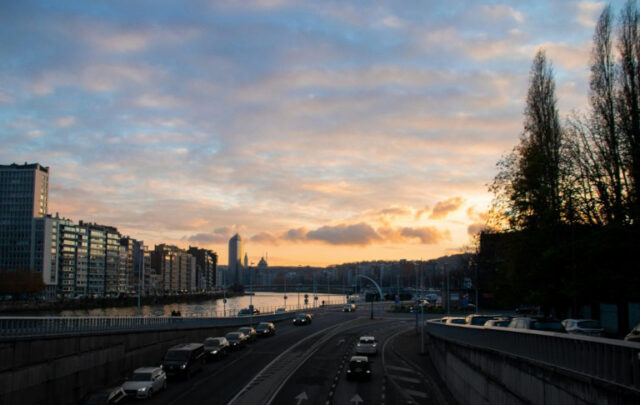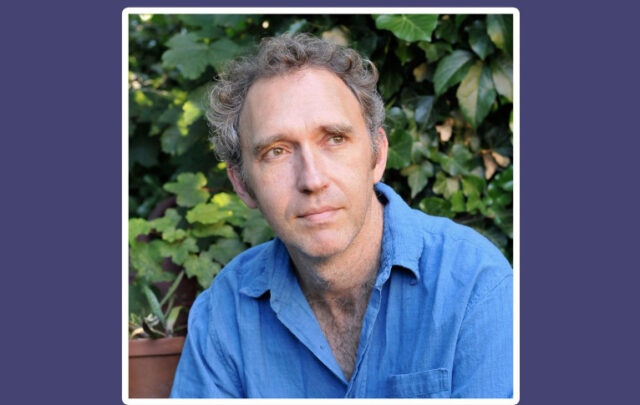Whole swaths of Britain experience a blackout and the country lights up with fury. Cabinet minsters, the press, members of the public rightly demand answers: why was Newcastle airport plunged into darkness? Who is responsible for rail services being halted for hours? Threats are issued of a whopping fine, an official inquiry, heads rolling. Days of rage for a power cut of less than an hour.
When it works, infrastructure is invisible. Point out the crumbliness, by all means, and lament the dangerous compromises – but as long as the wretched system judders on, voters shrug and politicians look the other way. Until the day the bridges collapse, the trains seize up and the lights no longer come on. By which time it is too late for anything but blame in 24-point headlines.
Between these two extremes lies a much rarer phenomenon, which blights Britain today. We are right in the middle of an infrastructure breakdown – we just haven’t named it yet. You’ll know what I mean when we list the component parts. More than 760 youth clubs have shut across the UK since 2012. A pub closes every 12 hours. Nearly 130 libraries were scrapped last year, and those that survive in England have lopped off 230,000 opening hours.
Each of the above is a news story. Each stings a different group: the books trade, the real-ale aficionados, the trade unions. But knit them together and a far darker picture emerges. Britain is being stripped of its social infrastructure: the institutions that make up its daily life, the buildings and spaces that host friends and gently push strangers together. Public parks are disappearing. Playgrounds are being sold off. High streets are fast turning to desert. These trends are national, but their greatest force is felt in the poorest towns and suburbs, the most remote parts of the countryside, where there isn’t the footfall to lure in the businesses or household wealth to save the local boozer.
When I am out reporting it is not uncommon to go into a suburban postcode short of money yet still bustling with people – but the banks have nearly all cleared out, the church has gone and all that’s left of the last pub is an empty hulk. The private sector has buggered off, the state is a remote and vengeful god who dispenses benefits or sanctions, and the “big society” never made it out of the pages of a report from a Westminster thinktank. I’ve seen this in the suburbs of London and in the valleys of south Wales, and the word that most comes to mind is “abandoned”.
Politicians bemoan the loss of community, but that resonant word is not precise enough. A large part of what’s missing is social infrastructure. It can be public or private. It is often slightly dog-eared and usually overlooked. But when it vanishes, the social damage can be huge.
The American sociologist Eric Klinenberg lists some in his recent book, Palaces for the People: “People reduce the time they spend in public settings and hunker down in their safe houses. Social networks weaken. Crime rises. Older and sick people grow isolated. Younger people get addicted to drugs … Distrust rises and civic participation wanes.” A New York University professor, Klinenberg’s observations hold as true for Brexit Britain as they do for Trump’s America. How often have you read about a grandmother found dead in her own home, with no one popping by for days? How many news stories do you read about teenagers experiencing mental illness as they compare themselves to the images on their screens? And how many times have you complained that everyone is so stuck in their own bubble that politics is hopelessly polarised?
In ripping out our social infrastructure, we are outraging a wisdom that goes back centuries and spans countries. Millions of Britons will spend part of this summer on a plaza or a piazza or people-watching on the public square outside Paris’s Centre Pompidou. The architectural historian Shumi Bose points out that library designs proliferated during the Enlightenment, alongside blueprints for monuments “to the exercise of the sovereignty of the people”. During the second world war, the Mass Observation collective wrote of the British pub: “Once a man has bought or been bought his glass of beer, he has entered an environment in which he is participant, rather than spectator.”
When it comes to transport or energy or sewage, Britain has a National Infrastructure Commission that monitors the country’s needs and guides parliament on where to direct spending. After all, the quality of such hard infrastructure influences where multinationals set up shop: it is money-making. But parks and libraries don’t generate cash. Social infrastructure has no lobby, no registry of assets and certainly no government agency. No Whitehall official monitors how much of it has closed or withered away – that relies on civil society groups to file freedom of information requests or badger town halls with survey. Everyone knows we need it, yet just as our economic model prizes shareholder returns over investment in the National Grid, so our politics relies on drawing in the voters with unfeasibly low taxes. Until one day, something breaks and all hell breaks loose.
So here is a suggestion for Jeremy Corbyn or Nicola Sturgeon or Adam Price or whoever else fancies it. Talk about the importance of social infrastructure. Promise to set up a commission explicitly to audit what we have and help protect it. Commit public money to it, alongside gentle pressure on the private sector to do its bit. That way, we can publicly mark the public institutions we all know we need – and show the esteem due to the people who keep them going and use them. The spirit we need is that summed up by the librarian who rhapsodises to Klinenberg about his branch: “The library really is a palace. It bestows nobility on people who can’t otherwise afford a shred of it. People need to have nobility and dignity in their lives. And, you know, they need other people to recognise it in them too.”
Our people deserve palaces.
Teaser photo credit: Photo by DAVID ILIFF. License: CC BY-SA 3.0





